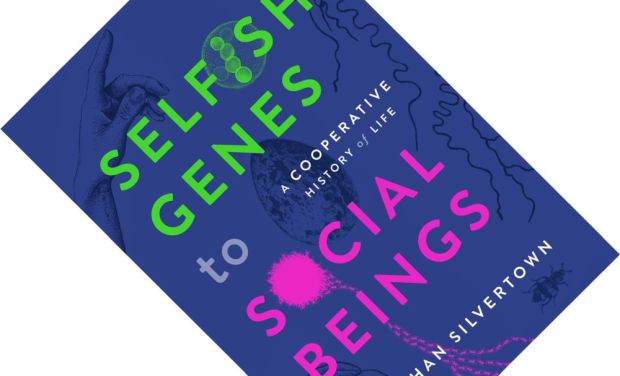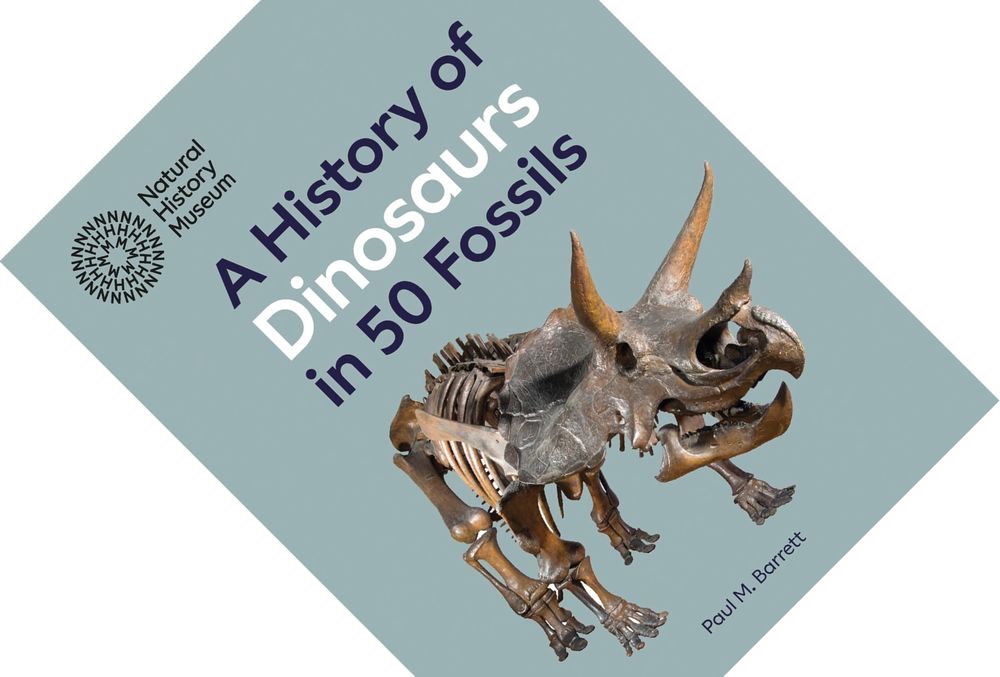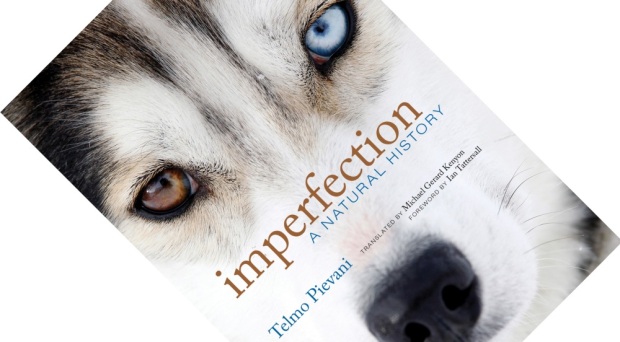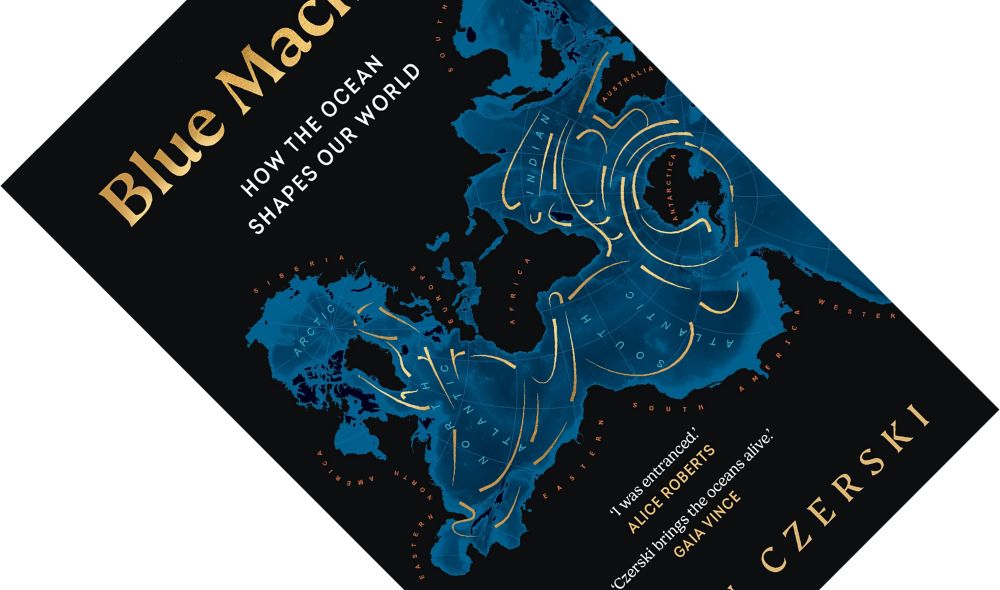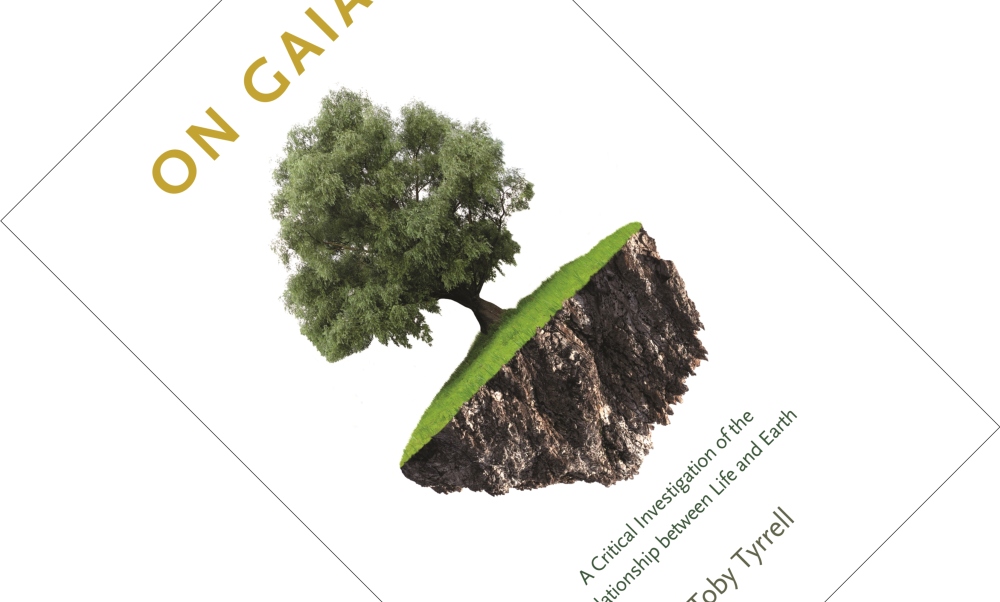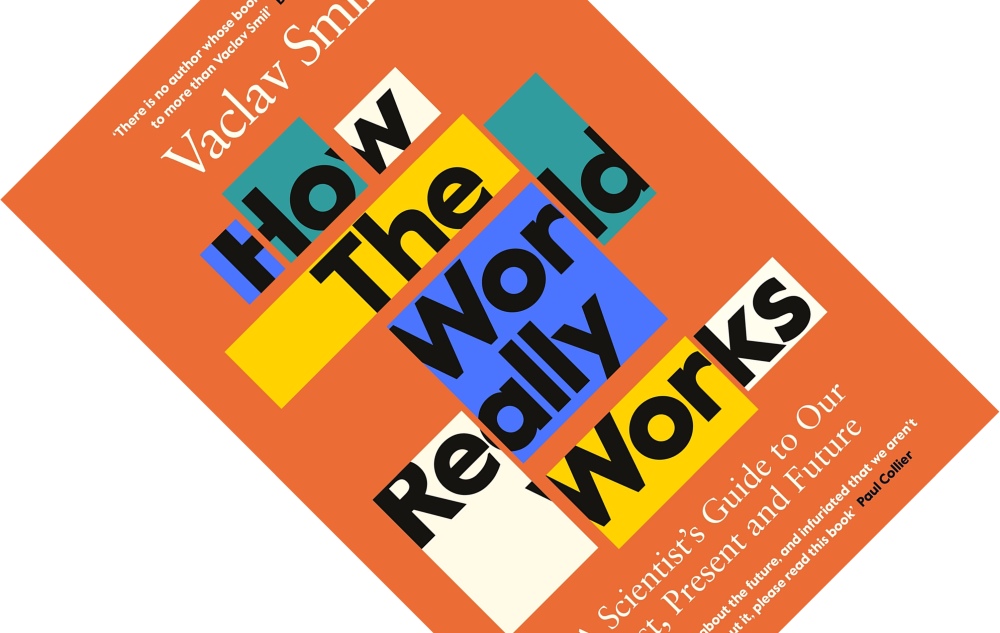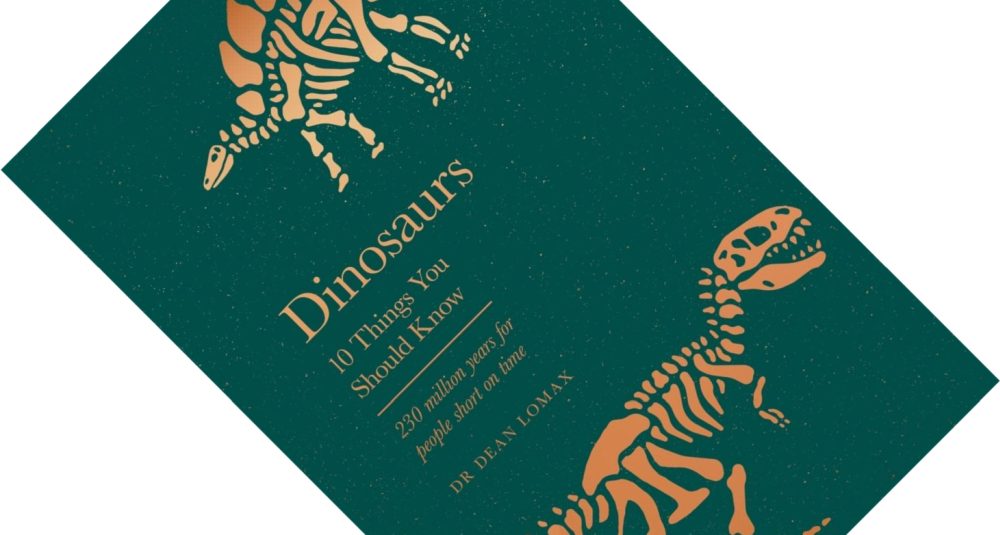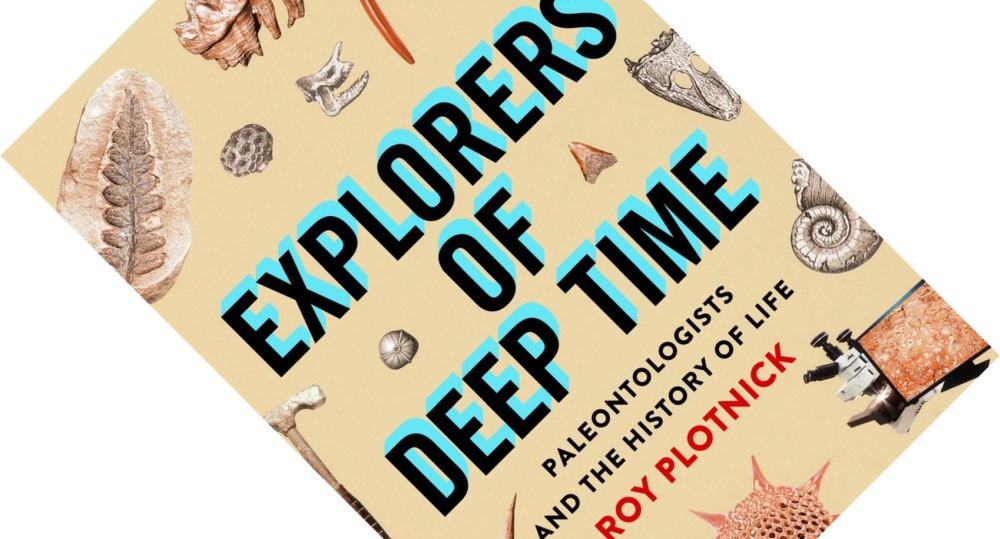8-minute read
keywords: evolutionary biology
Evolution is often characterised rather one-sidedly in terms of a struggle for existence, “red in tooth and claw”, and selfish genes. And yet, as evolutionary biologist Jonathan Silvertown shows here, cooperation in biology is both widespread and ancient. In his entertaining Dinner with Darwin which I reviewed way back in 2018, he briefly touched on food sharing in humans as one example of cooperation; in Selfish Genes to Social Beings, he gives the topic at large the book-length treatment it deserves. Silvertown here writes for a broad audience, explicitly including those without a formal background in biology. With nary an equation in sight, he relies on a potent combination of human-interest stories, wit, and ingenious metaphors to convince you that cooperation is an important component driving evolution.

